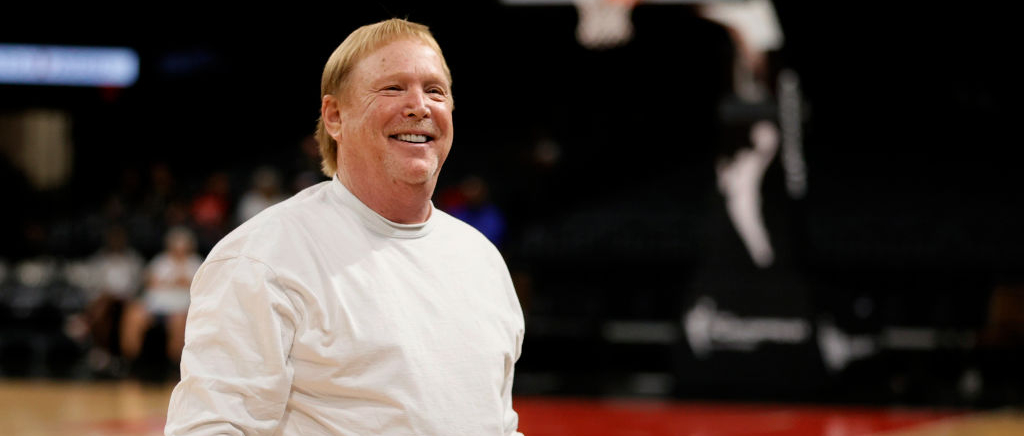WNBA free agency officially began on Tuesday, the third under the new CBA that significantly increased the guaranteed money allocated to player salaries, but there is still a long way to go to get WNBA players paid and treated like the top-level professional athletes they are.
A couple examples from this offseason have highlighted how the league falls short when it comes to player compensation. One was the report from ESPN’s Holly Rowe that Courtney Vandersloot felt “disrespected” by the offer made to her by the Chicago Sky and that her EuroLeague team, UMMC Ekaterinburg, was looking into paying her to sit out the WNBA season.
Holly Rowe reporting that Chicago gave Courtney Vandersloot a "disrespectful offer" and that EKat wants to pay her to sit out the WNBA season. 👀👀👀
— Gabe Ibrahim (@gabe_ibrahim) February 1, 2022
It seems as though that most extreme option won’t happen and Vandersloot is expected return to the Sky to defend their WNBA title this year, but that it was even a possibility for a EuroLeague team to pay a player to sit out the season because that kind of money can be thrown around by them offered a stark picture of the difference in financial investment in players stateside.
There was also Mark Davis confirming that new Aces coach Becky Hammon was making north of $1 million per year to lead Las Vegas’ squad, which is more than four-times as much as the max salary for players in the league. Aces star center Liz Cambage pointed out the issues with that on Twitter, noting that she has to upgrade seats on commercial flights on her own dime if she wants to fly anything other than coach.
ahhh yes the @WNBA, where a head coach can get paid 4X the highest paid players super max contract. lmao and y’all think imma spend another season upgrading my seat on a flight to get to games out of my own pocket.
— Elizabeth Cambage (@ecambage) February 1, 2022
On Thursday, Davis was asked about Cambage’s comments and said he agrees 100 percent and wants players to be paid more and for teams to provide them with chartered flights and meet what are basic travel necessities for every male pro sport.
Aces owner Mark Davis says he "100 percent" agrees with Liz Cambage's statement: https://t.co/tHXTM0LlIj pic.twitter.com/V9G6dvNICY
— Chantel Jennings (@ChantelJennings) February 3, 2022
He also said that while the player salaries and flight situation is part of the CBA, coaches salaries aren’t and he wanted to use Hammon’s deal as a way to make clear the level of investment that is deserved in the WNBA.
"On the coaching side, there is no salary cap. Becky Hammon didn't want to be a million-dollar coach, but I wanted her to be a million-dollar coach… Giving Becky Hammon the million-dollar contract says 'there's value here.'" — Mark Davis on #WNBA compensation
— Meredith Cash (@mercash22) February 3, 2022
Davis buying the Aces immediately became the wealthiest owner in the WNBA, and it’s clear that he wants to push the rest of his fellow owners into investing more in their teams. It is apparently in the league’s rules that teams cannot charter flights, as that would create a competitive disadvantage, which seems rather preposterous. If a team owner can’t or won’t invest enough in their team to make sure they’re on a comfortable, direct flight from game to game then maybe that person or group of people shouldn’t own a professional sports team.
Davis comes from the NFL where you spend money to make money, and it’ll be very interesting to see how much of a push he can make for some changes to the WNBA’s business model. Owners almost always are pushing for lower costs and lower salaries, but the WNBA operates at such a bare bones level on things like travel that even Davis sees that more investment is needed in order to get the best from players (and also put the best product out there to increase fan interest and revenue).







